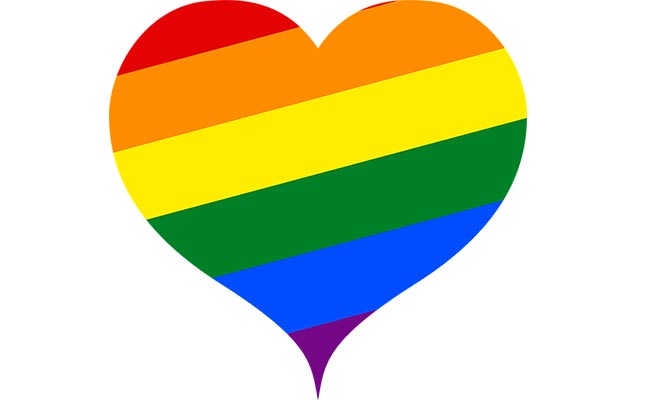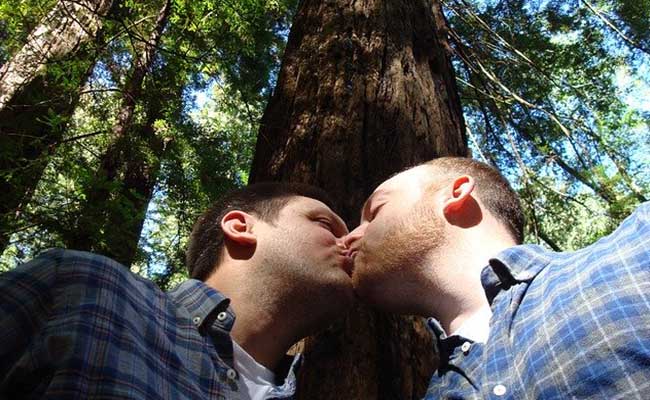Thailand made history as the first nation in Southeast Asia to legalize same-sex marriage. His Majesty King Maha Vajiralongkorn signed the legislation into law in September 2024, following its approval by parliament. The law takes effect after 120 days, with the first same-sex marriages expected to occur in January 2025.
This landmark decision places Thailand alongside Taiwan and Nepal, making it the third country in Asia to recognize marriage equality. The new law employs gender-neutral language and grants same-sex couples equal rights in areas such as adoption, inheritance, marital tax savings, and the ability to give medical consent for incapacitated partners.
This legislative milestone is the result of years of effort by Thailand’s LGBTQ community. While the country is celebrated for its tolerance, advocates have had to navigate significant societal challenges, as traditional values remain deeply rooted.
The legislation, which was passed in early 2024 by an overwhelming majority of 400 out of 415 lawmakers, redefines marriage as a partnership between two individuals, rather than between a man and a woman.
The new legislation replaces terms like “men,” “women,” “husbands,” and “wives” with gender-neutral language such as “spouse” and “person.”
The rights provided by the legislation will extend to transgender individuals, although they will continue to be legally recognized by their sex assigned at birth. Activists are advocating for a gender recognition law in Thailand to address this issue.

Same Sex Marriage in Thailand
So why, historically, hasn't Thailand allowed same-sex couples to marry?
Well, like much of Thai law, marriage law has been somewhat behind the times. On the old marriage registration form, your partner was required to be a different sex. It is this simple boundary that prevented two people of the same sex getting married.
Indeed, in 2019 a same-sex female couple were turned away from a marriage registration office because they could not fulfill the requirement on the form (1).
A growing number of people saw this as a violation of constitutional rights, which protect Thai people against discrimination of all kinds, including gender.
While the new law has been well received, there has been some opposition from those who argue that having a separate law for same-sex marriage lays the foundation for long-term discrimination against same-sex couples.

Concerns Over Prejudice
Regardless of law, you needn't have any worries about homophobia or discrimination against LGBTQ+ persons when visiting Thailand.
In my experience in Thailand over the last 14 years, I have to say that I have never heard a Thai person being homophobic or speaking in a derogatory manner about a transgender person.
Don't get me wrong, such people do exist, as they do in every society, but it is probably more concentrated in the more conservative, rural areas of the country.
That being said, I have been to stay in rural areas for long periods of time and come across transgender persons and outwardly gay persons working in shops and living their lives as freely as everyone else, with seemingly no discrimination.
The only thing you have to consider when on holiday is that public displays of affection are generally frowned upon, heterosexual or otherwise.
Couples hold hands and steal the odd sniff kiss here and there, and friends will sometimes hug when they greet, but being overly touchy-feely or shoving your tongues down each other's throats in public is generally considered ill-mannered and inconsiderate of conservative Thai culture.
So, despite its reputation for red light areas in tourist towns, Thailand is still somewhat prudish when it comes to affection.
Last Updated on



Martin says
I have been dating my Burmese BF for over 2 years. We have a long distance relationship and I have spent some time with him in Mandalay.
I live in london. It is going to be pretty difficult getting him to the UK on family visa.
Any suggestions? I was thinking if I was to live in Thailand with him, for 2 years proving we are a couple.
Nov 26, 2021 at 4:04 am
Janis says
May 15, 2022 at 9:10 am
Robert Edward says
Is there any new on Civil partnerships? Everything seems to have gone quiet.
My partner and me are waiting patiently.
If it does go through and is recognised by the UK it will affect my pension on my death!
Jun 02, 2020 at 10:31 am
TheThailandLife says
Jun 03, 2020 at 7:21 pm
James E says
May 18, 2020 at 9:29 pm
Shannon says
May 18, 2020 at 3:20 pm
TheThailandLife says
May 18, 2020 at 9:37 pm